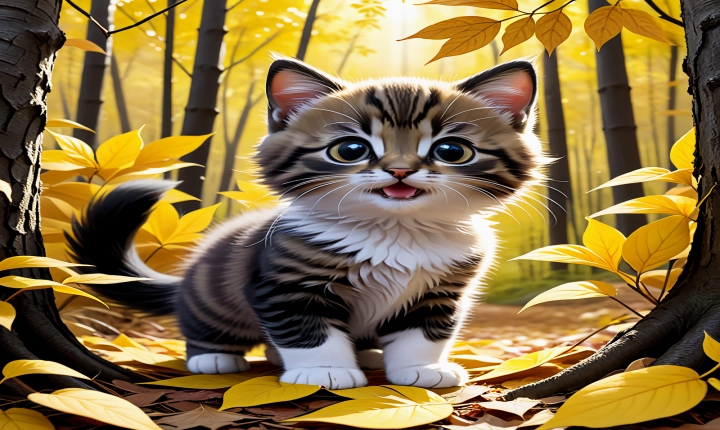Title: Ensuring Originality: Does ChatGPT Get Caught for Plagiarism?
With the rise of artificial intelligence (AI) and natural language processing (NLP) technologies, the use of AI-powered language models such as ChatGPT has become increasingly prevalent. These powerful tools have the ability to generate human-like text and assist users in a variety of tasks, from answering questions to generating creative content. However, concerns about plagiarism and the originality of the generated content have also been raised.
One of the primary concerns surrounding the use of ChatGPT is whether the content it produces is original or if it is susceptible to plagiarism. Given that the model is trained on a vast amount of internet data, including websites, books, and articles, there is a legitimate question of whether ChatGPT could inadvertently produce content that resembles existing copyrighted material.
To address this concern, it’s important to understand how AI-powered language models like ChatGPT operate. These models work by analyzing large datasets of text and learning the patterns and structures of language. When prompted with a topic or a prompt, ChatGPT uses these learned patterns to generate coherent and contextually relevant text. While it has the ability to produce original content, there is still the potential for it to unintentionally replicate existing text.
It’s important to note that OpenAI, the organization behind ChatGPT, has implemented measures to mitigate the risk of plagiarism. One such measure is the use of filters to prevent the generation of content that closely resembles existing copyrighted material. Additionally, users are encouraged to fact-check and verify the accuracy and originality of the content produced by ChatGPT, especially when using it for professional or academic purposes.
Despite these precautions, there have been instances where AI-generated content, including that produced by ChatGPT, has raised concerns about potential plagiarism. In some cases, users have reported instances where the language model has inadvertently produced text that closely resembles existing copyrighted material, leading to questions about the model’s ability to produce truly original content.
So, does ChatGPT get caught for plagiarism? The answer is not straightforward. While the model is designed to prioritize originality and prevent the generation of plagiarized content, there is still the possibility of unintentional replication. OpenAI continues to refine and improve its models to minimize this risk, but the responsibility ultimately lies with the users to ensure the originality of the content produced by ChatGPT.
In conclusion, it’s crucial for users of AI-powered language models like ChatGPT to be aware of the potential for unintentional plagiarism and to take steps to verify the originality of the content they generate. While the technology offers remarkable capabilities, it’s not infallible, and users must exercise diligence and discretion to maintain the integrity of their work. As AI continues to evolve, a collaborative effort between developers and users will be essential in ensuring that AI-generated content upholds the standards of originality and ethical use.
